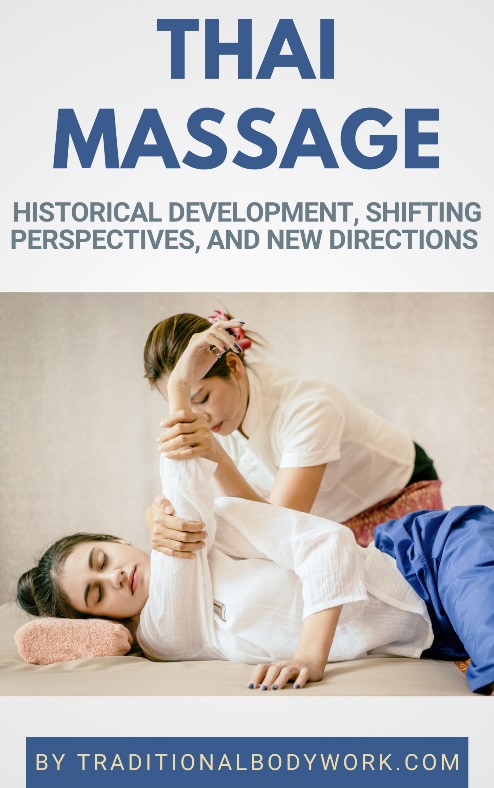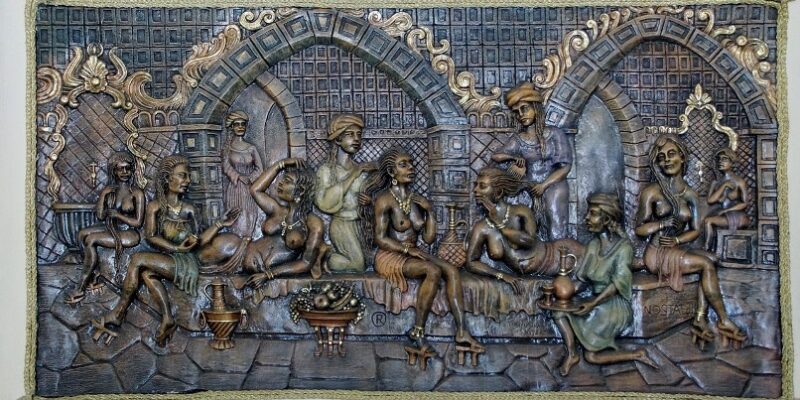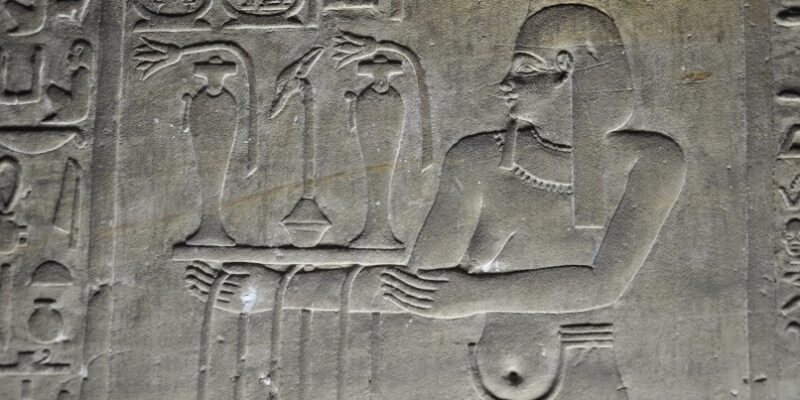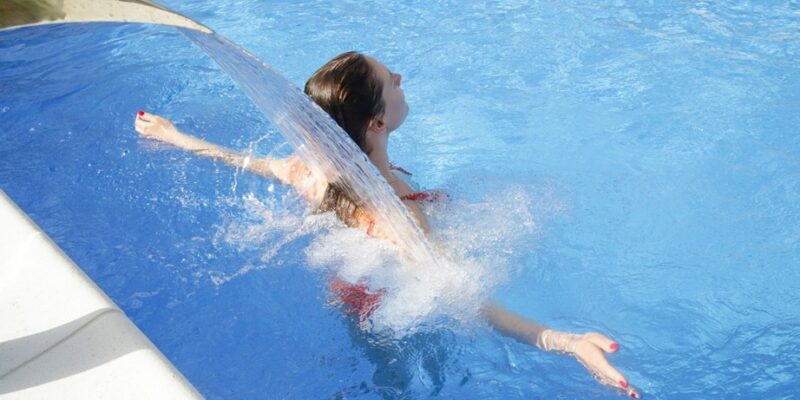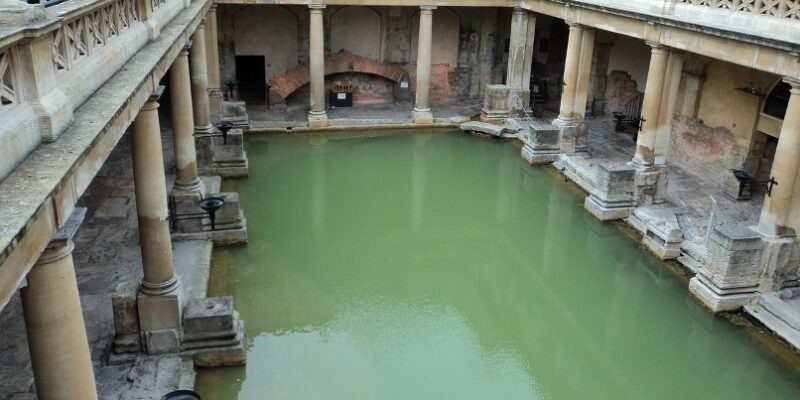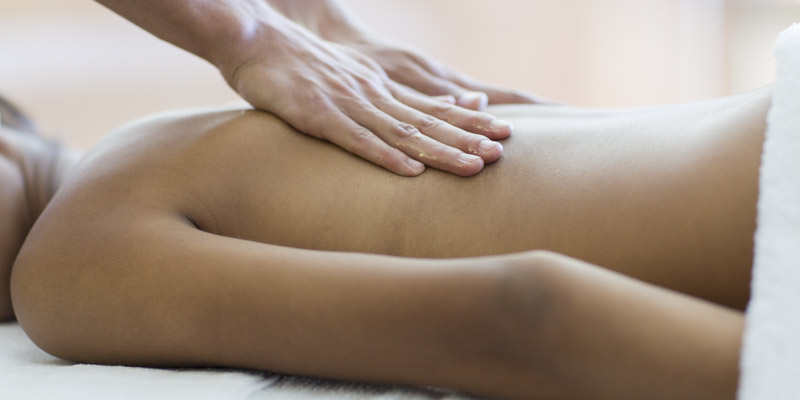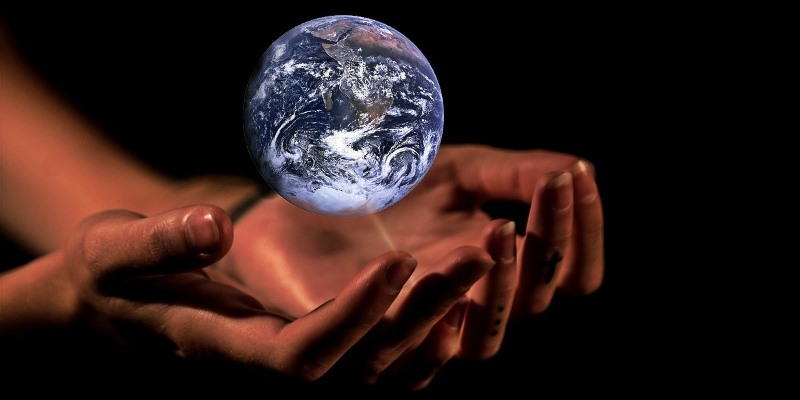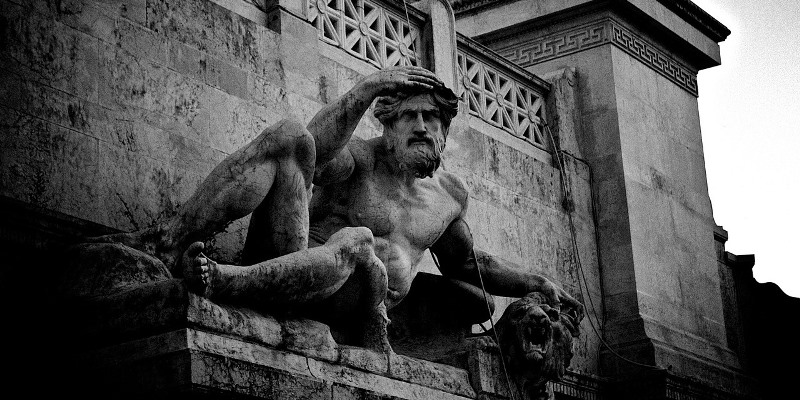
Ancient Roman massage therapies were influenced by Greek Medicine, and ancient Greek Medicine itself, including Greek Traditional Massage, is thought to have been influenced by ancient Egyptian healthcare practices.
Nevertheless, in the West, it’s widely accepted that ancient Greek Medicine forms the basis of modern (medical) science, modern massage, physiology, anatomy and psychology.
Written evidence about knowledge and practice of massage in ancient Greece can be traced back to at least the 8th century BCE (mentioned in the Iliad, a work of the well-known Greek poet and author Homer), but it was first extensively analysed and described by the famous Greek physician Hippocrates (460 BCE – 370 BCE), who, in the West, is considered the “Father of Medicine.”
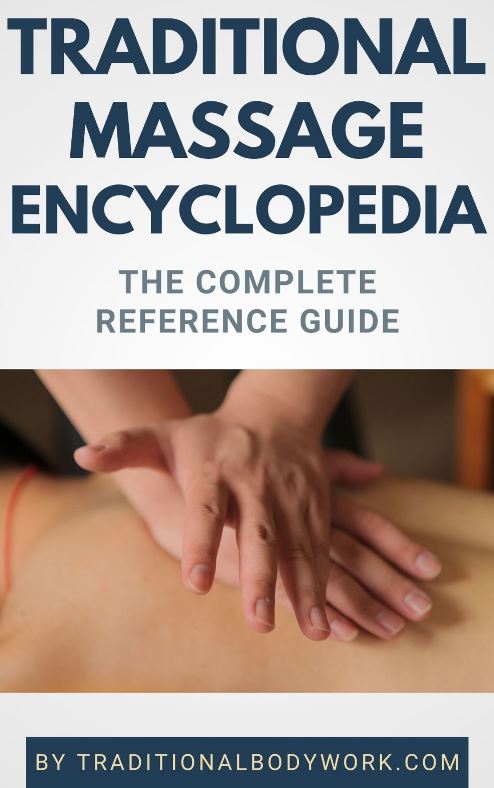
Hippocrates considered massage therapy of prime importance to maintain or acquire health. He stated, among other things about massage, that “physicians must be skilled in many things, and particularly in friction (massage).” He revolutionized massage by categorizing it into various types of massage having distinct goals, not only to keep Greek athletes in top condition — Sports Massage as it were — but also to cure a broad range of ailments.
Nevertheless, according to Hippocrates, massage is only part of a complete lifestyle for health, which also included a balanced diet, regular exercise, fresh air, and even music.
One of Hippocrates’ famous statements about massage therapy was that “vigorous massage tightens and firms the body, gentle massage relaxes, much massage thins and lightens, and moderate massage thickens the body and increases the flesh.” Although seemingly a simple statement, Hippocrates expands in-depth on his categorization, making his views very much comprehensible from out a modern perspective on massage.
Hippocrates maintained another important directive for massage therapy which advised that massage should be given with strokes mainly towards the heart, as such stimulating both the heart and the circulatory system, and aiding in transporting waste products out of the body (detoxification).
He also specified different interludes between massage therapy sessions, all depending on the aim of the treatment, which could be things like losing weight, toning, increasing suppleness, increasing muscles, stress relief and relaxation, healing specific injuries, and such.
Greek massages at the time were given with the aid of medicated oils, herbs, and lotions, or completely without those, that is, applied as a “dry massage.” Another important way of how massage was applied in ancient Greece was the combined application of massage and Hydrotherapy.

